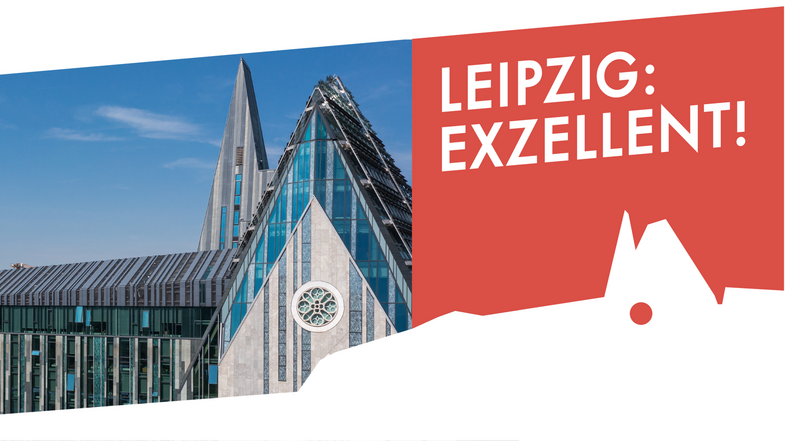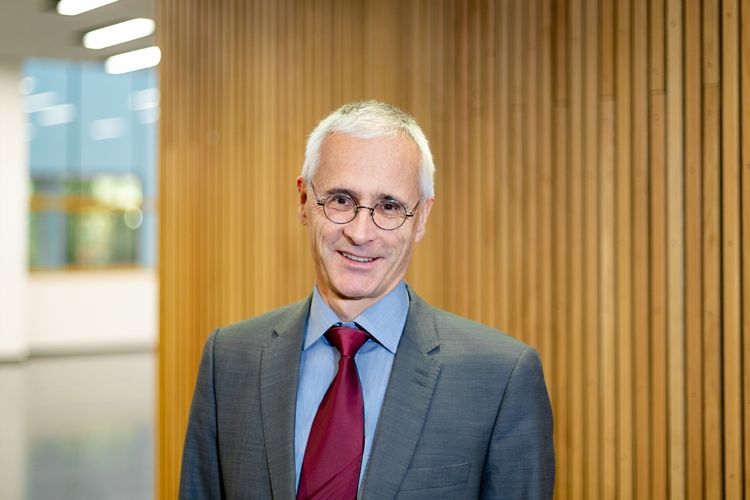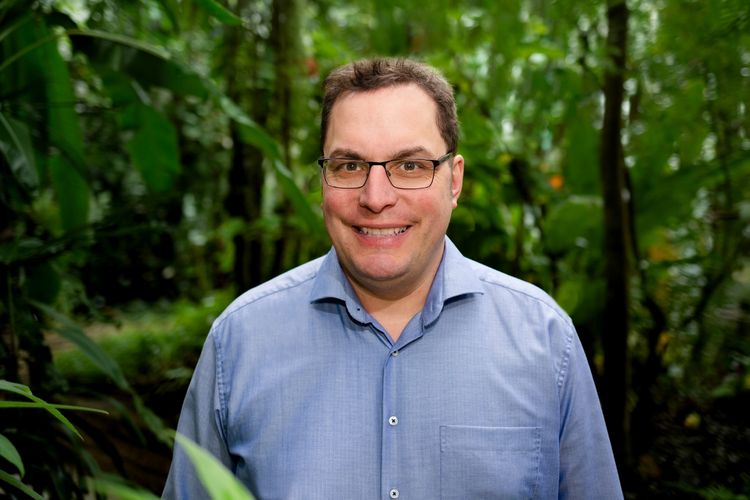“Being invited to submit two full proposals for our projects is a significant milestone and a great recognition of the excellence of Leipzig University’s research. It confirms our daily commitment to driving cutting-edge research and maximising our potential for innovation. We now face weeks and months of hard work to prepare the full proposals, which we approach with respect and great determination. We will continue to work hard to advance our excellence in various disciplines and to find answers to the pressing questions of our time,” says Professor Eva Inés Obergfell, Rector of Leipzig University.
Projects address climate change and biodiversity as well as modern diseases
The proposed clusters represent key areas of research at the Alma mater Lipsiensis. Together, the excellent researchers in both projects are tackling the existential questions of our society and our time – from climate and biodiversity change to the diseases of modern life.
More about the two projects:
- The Leipzig Center of Metabolism (LeiCeM), a clinical research centre dedicated to understanding and improving the burden of disease caused by metabolic disorders, is a collaborative effort between the University of Leipzig Medical Center and Leipzig Heart Center, as well as five Max Planck, Helmholtz and Fraunhofer Institutes.
Our metabolism is rooted in mechanisms that are evolutionarily ancient, but have also been recently acquired through civilisation, and which are increasingly causing illness in our modern societies: for example, the pathological increase in blood lipids and blood sugar, known as diabetes mellitus, and the development of fatty liver disease; this in turn increases the risk of things like serious cardiovascular disease (such as heart attack and stroke) and some cancers. Some people are more susceptible than others. The same is true of therapies – some people will respond to them, while others will not. Lifelong risks can develop in early childhood, in the womb or through hereditary factors.
The aim of LeiCeM is to develop therapeutic approaches with a high response rate that are based on individual metabolic dysfunctions rather than indiscriminately targeting risk factors.
(Spokesperson: Professor Michael Stumvoll, Faculty of Medicine and University of Leipzig Medical Center)
- The climate and biodiversity crises are inextricably linked, and solutions must take this interaction into account. The Breathing Nature project will bring together researchers from the life sciences, economics and earth system sciences to explore the links between climate change and biodiversity, putting their complex interactions at the heart of the analysis of human behaviour. Using new methods such as computer simulations, artificial intelligence and innovative experimental platforms, the researchers want to study the patterns and dynamics of biodiversity in terrestrial ecosystems (forests, open land, soils) and how these interact with the atmosphere.
At the same time, they will analyse the role of society in the actions and responsibilities of individuals and collectives. Empirical approaches from economics and psychology will be combined with observations and modelling from biodiversity and climate science. In total, five Leibniz, Max Planck and Helmholtz Institutes and the Friedrich Schiller University Jena are involved.
(Spokesperson: Professor Johannes Quaas, Faculty of Physics and Earth System Sciences)
Background: The excellence competition and what happens next
In May 2023, the DFG received 143 draft proposals for new Clusters of Excellence. From the end of August to mid-November 2023, they were reviewed by a total of 21 international and interdisciplinary panels according to scientific quality criteria. Based on the results of the reviews, the Committee of Experts, which also includes international experts, has now (2 February 2024) decided which projects can submit full proposals.
Full proposals must be received by the DFG by 22 August 2024. At this stage of the competition, reviews are also carried out by international panels according to scientific quality criteria. Based on their findings, the Excellence Commission – comprising the scientific members of the Committee of Experts and the federal and state ministers responsible for science – will finally decide in May 2025 which new Clusters of Excellence will be established and which will continue to receive funding. Funding will run for seven years, starting on 1 January 2026.
































































